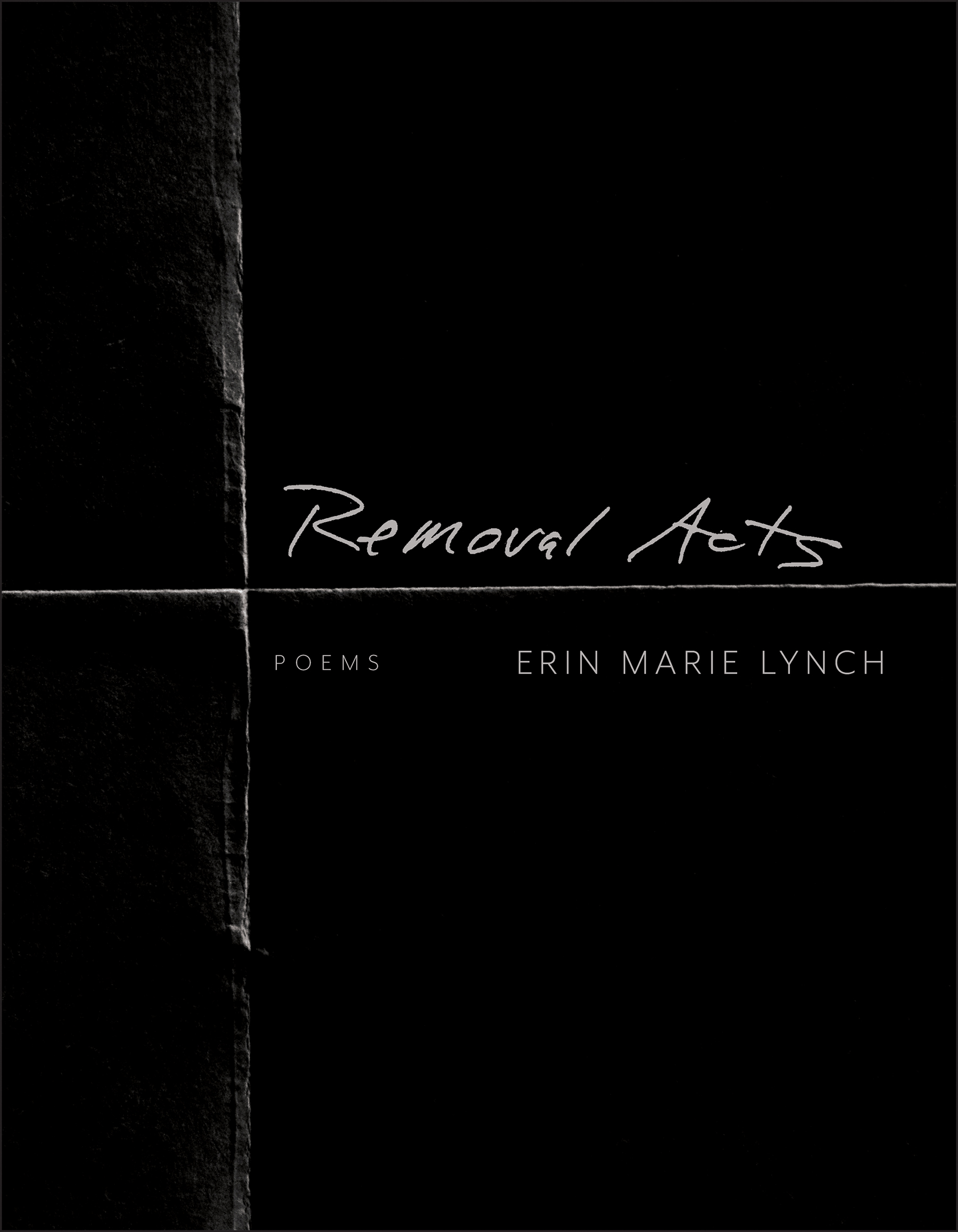When I wrote “8.5×11,” I lived in East Hollywood, between the Hollywood metro stop and the slopes of Griffith Park. It was the height of the pandemic. My car had a bad transmission. My computer sat on the desk in my bedroom in front of the window, bare tree branches filling the panes. Every day, I looked at the computer screen for hours, writing poems into the archive, around the archive, against the archive. The Archive, capital T capital A. It seemed everyone at that time had archive fever. Everyone was haunted by, was haunting, was countering and encountering.
My family’s archive was haunting me. Or the archive beneath the archive, the archive against the archive. The archive that could be for us. I was trying to trace the movements of my ancestors backwards, from Oregon to Standing Rock to the Dakota homelands in Minnesota. I needed to find out whether my great-great-grandmother, Elizabeth, had been involved in the forced march following the U.S.-Dakota War of 1862 and the following atrocities. And I needed poetry to understand the varied and various rippings and sutures of our people and our land.
In the evening, after writing, I often walked up the hill into the park. At the edge of the lawn, a bronze bust of the explorer Leif Erikson sat on a pedestal in the grass. His shiny pupil-less eyes fixed on me, accusing. They made me feel the same way the writing did: too visible, exposed.
I could not stop anticipating how I might be perceived as the self-appointed documenter of my family’s histories. I constantly turned the imaginary gaze of imaginary critics upon myself. I imagined I would be told what I feared most: that I had no right to write a book about any of this. Or, worse, what had already been suggested to me more than once: that my interest in this part of my heritage somehow arose from a drive to benefit from the suffering of others, to reap capital from that suffering.
I also felt weighed down by the responsibility I bore to my family, guilty about the dislocations and disconnections that rendered me unworthy of adequately holding this responsibility. I felt unbearably self-conscious. It was the same self-consciousness that had paralyzed me years earlier, at the height of my body dysmorphia, as I turned every angle of my body in the mirror to see how I might be hated from different vantage points. I trained this same energy now upon my identity, imagining how I could be torn to shreds for not presenting myself exactly right, for not perfectly articulating my subject position within and proximal to Indian Country.
Adrian Piper, in Passing for White, Passing for Black, which I quote briefly in the poem:
“Finally, there was the groundless shame of the inadvertent impostor, exposed to public ridicule
or accusation. For this kind of shame, you don’t actually need to have done anything wrong. All
you need to do is care about others’ image of you, and fail in your actions to reinforce their
positive image of themselves.”
My self-consciousness was a variety of this groundless shame. It was anticipatory, concerned with potential perceptions. It laid a milky veneer of shame over a healthy self-awareness.
In writing, self-consciousness often translates into reflexivity, whether in form or in content. The form of poetry is always reflexive to some extent; as I tell my students, all poems are about poetry. But too much reflexivity creates a closed loop within a poem; I knew this.
I also knew that self-reflexivity is a mode thrust upon certain artists more than others, primarily those who are forced to constantly position themselves in response to the real and imagined ways that their identities are questioned and codified. Every Native writer I talk to fears being perceived as, or labeled, fraudulent. We all question whether, or how, we are enough. These fears lead, at best, to a care around identity and claim-laying, and, at worst, to a paralysis that constitutes self-colonization. Self-consciousness may be a first step to developing a more expansive, collective consciousness, but to sit in it too long only reifies the structures of governance.
“8.5×11” is an archive of my movements, at that time, through these feelings. The poem came to me as bursts of experience: remembering a story my mother told about an Indian Studies class in high school, her teacher questioning the oral narrative she wrote down and turned in for an assignment. Sitting in front of the laptop, taking a Zoom Dakota language class, where I could never seem to retain anything I had learned. The syllables strange in my mouth, incorrect, different every time. Leading a panel on the food sovereignty documentary Gather, watching a fisherman on the screen pry apart the silvered hull of a salmon.
Throughout the writing of the poem, white space became a counterbalance to self-consciousness. At times, it denoted literal whiteness, gaps in the language to let the reader fill in the word “white,” in a brief disclaimer on the speaker’s racial identity. But white space also became the mechanism by which I moved through the feelings of the poem, a respite from the intensity of the self-evaluation, the qualifications, the reflexivity. Self-consciousness can lead to defiance, or to quietness. Sometimes, that quietness is a silencing, or a form of refusal that is actually just a quiet cowardice. But it can also be a refusal to accept the terms of a conversation, a moment taken right before recalibration and response.
Three lines in “8.5×11” are in Dakota. When I read this poem aloud in public, I have to take a little time to practice speaking the lines in Dakota before. If I don’t practice them, rather than mispronounce, I leave an empty space or pause in the reading, let the space fill with that silence, then say the next line: “afterward I forget everything.” There is in the performance of the poem a constant re-enactment of that white space, that first natal forgetting. When I let that moment fill the room, it takes on a generative power for me.
When I do not read those lines aloud, inevitably someone who has read the book asks me about it in the Q and A. Why did I not read the lines aloud? What is my relationship with my tribe’s Indigenous language? When people ask me this question, I need to take a moment to filter through the different answers I could give. If a Native person asks the question, I feel both a pressure to perform that I know the right relationship I ought to have to the Dakota language, as well as a pressure to concede and apologize that I am not better connected. If it is a White person, I feel an instinctual defensiveness, a sort of “why do you think you get to know?” response to their curiosity, a curiosity I distrust—the blank, copper eyes of Leif Erikson.
Immediately, I feel myself fall back in the self-conscious space in which I wrote the poem. I have to take another silence, leave a bit of white space in the air, to move internally through the layers of those answers, past the groundless shame. It takes a moment to move there, into a place where I can really speak. That is where I want to go.




